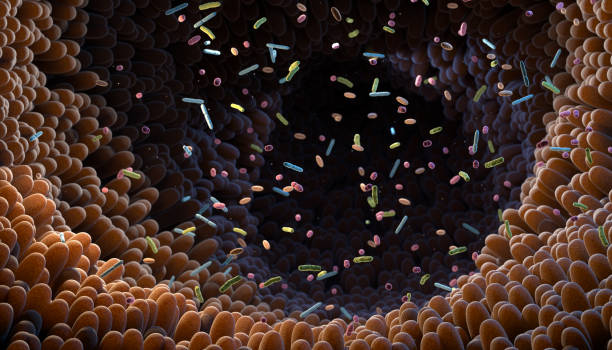Discovering the Unseen: The Power of Microbiome Diversity for Immune Health
Imagine trillions of microscopic organisms living inside your body, contributing to your health and well-being. This isn't the plot of a science fiction movie, but a reality of our human biology. Welcome to the world of the human microbiome, specifically focusing on its diversity and its role in immune health.

The Human Microbiome: A Miniature Universe Within Us
The term “microbiome” refers to the collective genome of the microbes (composed of bacteria, bacteriophage, fungi, protozoa, and viruses) that live inside and on the human body. These tiny organisms, most of which inhabit our gut, outnumber our human cells by a staggering 10 to 1 ratio. The human microbiome has been a subject of intense research over the past few decades, revealing its vital role in our health.
The diversity of the microbiome, meaning the number and variety of different species present, is what truly sets it apart. It’s not just about the presence of microbes, but the richness of species that makes the difference. A diverse microbiome is like a well-tuned orchestra, with each microbe playing a unique role to create a harmonious symphony of health.
The Microbiome-Immunity Link: Allies in Defense
The human immune system relies heavily on the microbiome for its defense mechanisms. A diverse microbiome stimulates a balanced immune response, preventing overreactions that could lead to inflammatory conditions. It also trains the immune system to differentiate between friendly microbes and potentially harmful invaders.
Research has found that people with lower microbiome diversity may be more susceptible to diseases such as allergies, asthma, and autoimmune disorders. A varied microbiome also appears to play a role in resistance to infectious diseases, including those caused by harmful bacteria and viruses.
The Challenge: Nurturing Microbiome Diversity
While the benefits of a diverse microbiome are clear, achieving and maintaining this diversity can be challenging. Factors such as diet, lifestyle, stress, and antibiotics can alter our microbiome, often reducing its diversity and disrupting its beneficial functions.
One of the most effective ways to support microbiome diversity is through a varied diet rich in whole, unprocessed foods, particularly fruits, vegetables, legumes, and whole grains. These foods provide dietary fiber, which acts as fuel for beneficial gut bacteria.
Beyond the Gut: Other Microbiomes in the Body
The gut isn’t the only place where a diverse microbiome plays a crucial role in health. Other body sites, such as the skin, mouth, and vagina, also host unique microbiomes that contribute to local and systemic immunity.
- The skin microbiome plays a crucial role in defending against external pathogens and regulating inflammation.
- The oral microbiome influences not only oral health but also systemic conditions such as cardiovascular disease.
- The vaginal microbiome helps to protect against sexually transmitted infections and maintain overall women’s health.
The Future of Microbiome Research: A New Era of Health
The research on the microbiome, its diversity, and its influence on our health is still in its early stages. However, it’s clear that these microscopic organisms play a massive role in our overall health and well-being. As we continue to explore this miniature universe within us, we can look forward to new strategies and treatments to enhance our health and prevent disease.
In conclusion, nurturing the diversity of our microbiome presents a unique and promising approach to bolstering our immune health. By understanding and caring for our internal microbial allies, we can unlock the door to a healthier, more resilient future.




